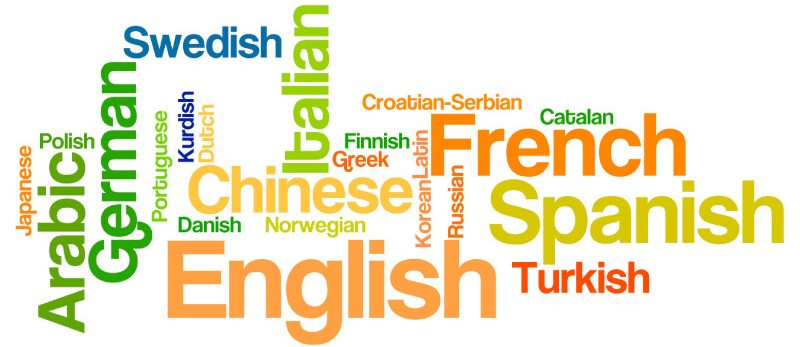While philosophers, scholars, and activists alike use the terms organizing, mobilizing, and educating when communicating the critical ingredients for successful social activism, there are occasional discrepancies in language usage between these factors which are easily remedied to benefit activists and communities they seek to help. In fact, organizing and mobilizing are a dynamic system interacting with each other while educating surrounds and supports both. In other words, successful social activism requires organizing and mobilizing, though not necessarily in that order, and furthermore, it requires that a group does not complete organizing and then enter into mobilizing or vice versa. Organizing and mobilizing are undertaken dynamically in a give and take fashion during which educating is continuously added to ensure the proper direction for the organizing and mobilizing to occur and successful activism to take place.
When describing activism, the terms organizing and mobilizing are commonly used though in several cases placed in different orders, valued more or less over each other, and defined hazily with overlapping attributes. Organizing in its simplest form is about bringing a group of people together to achieve a common goal, whereas mobilizing connotes motivating and making movement possible towards an end goal.
While organizing and mobilizing ebb and flow dynamically, educating is unquestioned as a consistently applied critical ingredient to successful activism by leading thinkers and is described as central, foundational, and most importantly, continuous.
Combining the three ingredients of successful activism and defining the relationships and dependencies between each concept provides the formula that makes organizing, mobilizing, and educating work in synchrony. The very nature of mobilizing and organizing people requires these two processes be interlinked. There is no distinctive start or finish line to either process, and the levels of organization and mobilization of a group will naturally ebb and flow over time as a group needs more or less structure and more or less motivation. At the same, activist thinkers agree that education must be constant in level and continuous over time for all involved to further their knowledge. Essentially, participatory research refers to the fundamental need for educators to be concurrently educating themselves by understanding the issues and complaints of the people while at the same time teaching the groups they are organizing and mobilizing. Educating could be deemed as the most essential aspect of promoting positive social change because without educating, society risks falling into tyranny and oppression of masses by the powerful few rather than activating positive change by a group-centered leadership system for the greater good of all people involved.
Philosophers, scholars, and activists like John Dewey, Myles Horton, Paulo Freire, and Ella Baker, regularly use important terms that may seem synonymous, overlapping, and confusing even by the activists themselves. Yet, by clarifying these key concepts, activists are not only able to invest energy and effort in the proportions most likely to overcome real barriers to change and deliver material societal benefits, but also these activist educators are able to leave a “road-map” for future activists educators to continue positive progress and be “Doers” (Alinsky, 1989, p. 20). Answering the specific question, “Organizing and Mobilizing for Successful Activism: Which Comes First?” is made possible by careful review of the thinking of leading activists, and the clear result is the response of “Neither or Both” just as long as educating is recognized above all as the essential and mandatory ingredient for positive social change.
